Keywords: Belief
There are more than 200 results, only the first 200 are displayed here.
-
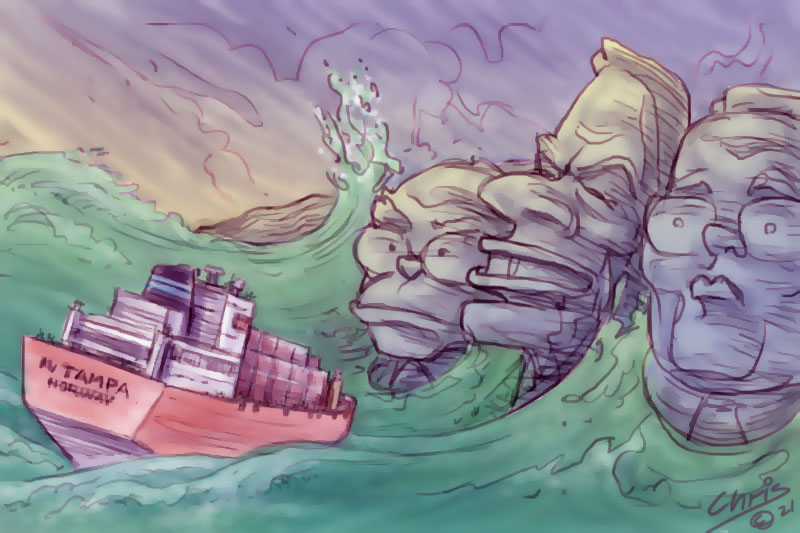
INTERNATIONAL
- Binoy Kampmark
- 07 September 2021
23 Comments
It took 438 desperate human beings upon the overladen wooden fishing boat, the KM Palapa, to present Australia’s Howard government in August 2001 with an electoral opportunity. At first, there was feigned ignorance from Canberra about any signs of desperation. The vessel, lacking power, lay some 100km off Christmas Island. Despite a coast guard plane noting men jumping up and down on the roof in a frenzy, nothing was initially done.
READ MORE 
-
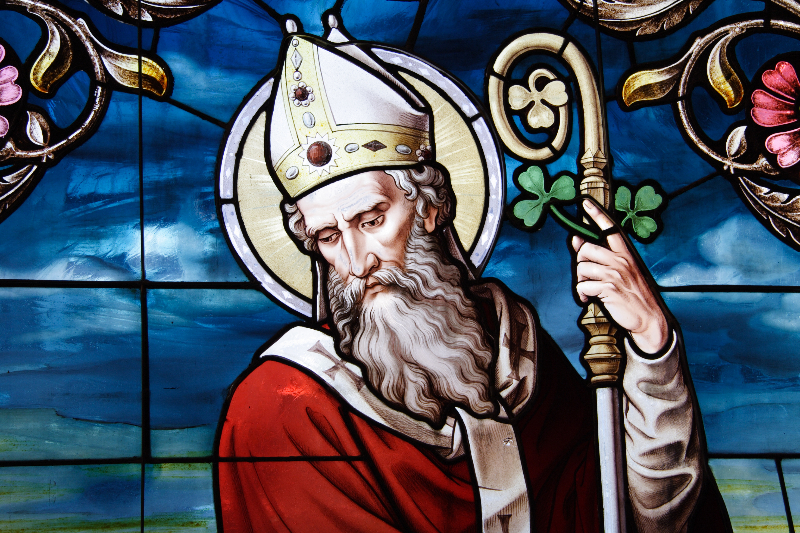
RELIGION
- Andrew Hamilton
- 12 August 2021
67 Comments
Among Australian Catholics the Plenary Council and the preparations for the Synod in Rome on Synodality have aroused hope and stirred scepticism. It is clear that a Church diminishing in numbers of participants in its public life and in its financial resources, and discouraged by the extent of child abuse by its officers, must find new ways. But that the processes of the Council and the Synod will spark fresh energy for change is not a given.
READ MORE 
-

AUSTRALIA
- Joel Hodge
- 10 August 2021
13 Comments
Whatever one thinks of the Census21 campaign, I agree with the implicit aim: all people should be honest in answering the Census questions. It doesn’t matter whether one is affiliated to a major religion, no religion, or has another spirituality not listed, it is crucial that we give compete answers that reflect our real lives.
READ MORE 
-
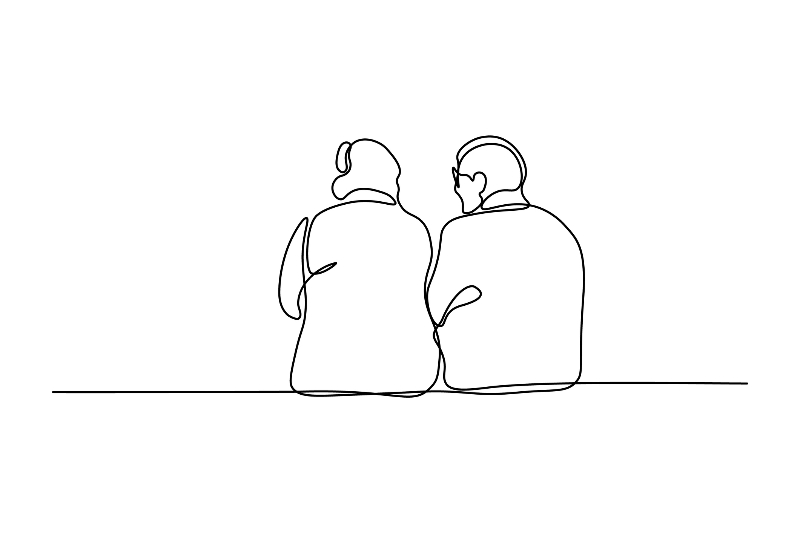
RELIGION
- Michael McGirr
- 10 August 2021
28 Comments
I must have time on my hands. I have been thinking about the difference between atheists and God cancellers. I love my atheist friends, of whom I am blessed with many. I relish the existential grist of our talks, the deep sense of substance and mutual respect. I also love the constant jokes. We keep each other honest. I enjoy a rich engagement with the history of thought and I believe we ennoble each other through the kind of trust that is prepared to talk about things that are off limits to others.
READ MORE 
-
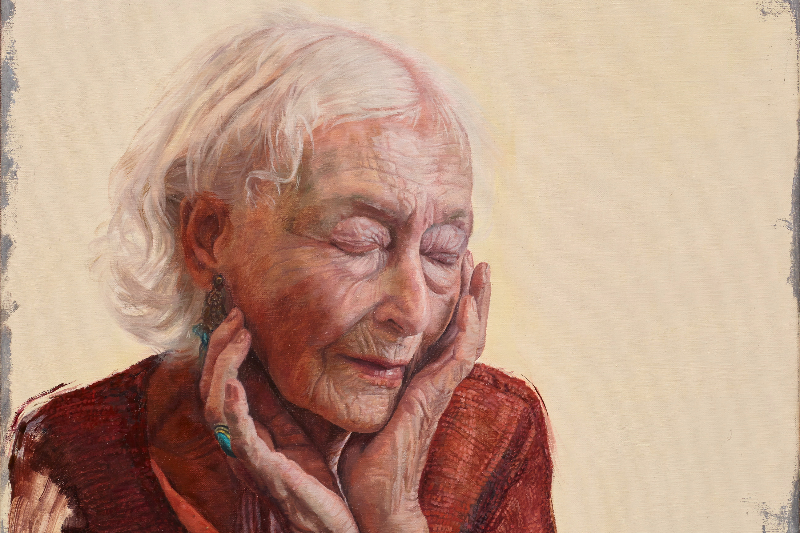
ARTS AND CULTURE
- Diane Fahey
- 02 August 2021
2 Comments
I'm standing before the portrait of a woman with closed eyes, her hands delicately cupping, almost, her tilted head. In her face, in her composure, a flower-like serenity that speaks of care, reverence.
READ MORE 
-
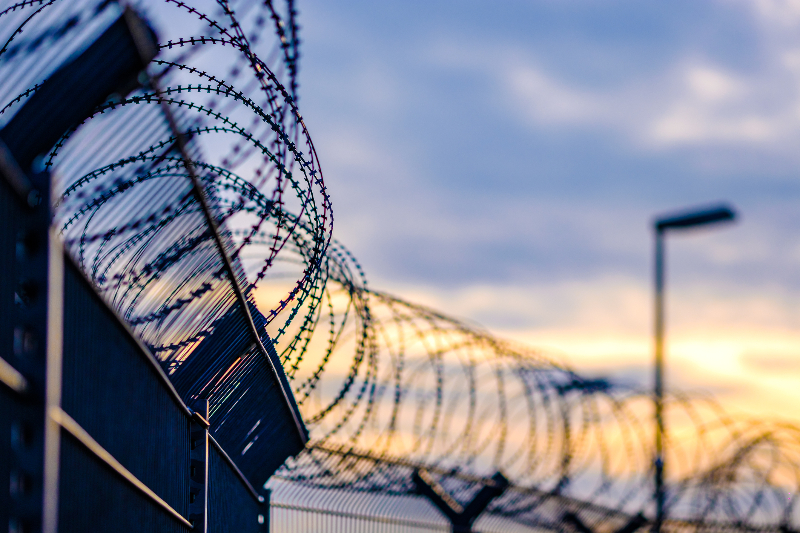
AUSTRALIA
- Andrew Hamilton
- 28 July 2021
9 Comments
The tidal movement from treating children as persons each with their own dignity, and worthy of respect and of encouragement to a good future, to treating them as adult and incorrigible criminals worthy only of punishment is both irrational and injurious of society as well as of the children themselves. Yet it is deeply rooted in the mindset of all Australian Governments.
READ MORE 
-

EDUCATION
The question being asked, however, is one that puts the cart before the horse. The question of ‘What do you want to see in the national curriculum?’ presupposes the answer to another question: What even is the purpose of schooling?
READ MORE 
-

AUSTRALIA
- Margaret Somerville
- 03 June 2021
9 Comments
No one on either side of the debate wants to see people suffer and the euthanasia debate is not about if we will die — we all will at some point. The debate is about how we will die and whether some ways of dying, namely euthanasia, are unethical and dangerous, especially to vulnerable and fragile people, and destructive of important shared values on which we base our societies.
READ MORE
-
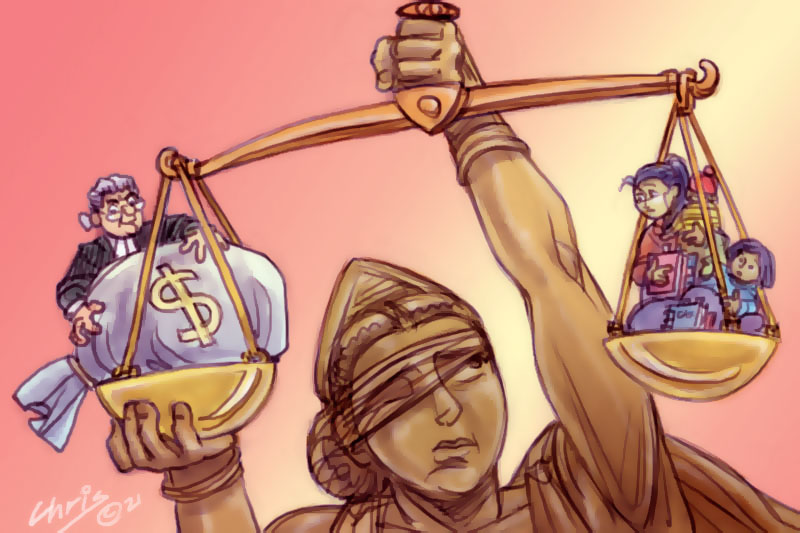
AUSTRALIA
The fact is that money still buys a better service from the legal system, and to claim otherwise is to throw out the most basic principles of an economy. After all, if there were no benefit to be gained from backing up a truck full of money and tipping 30 or 40 grand a day into a team of silks, junior barristers and top tier solicitors, why would those with the means do it? To argue the contrary beggars belief. And if the observation is accepted, what does that tell us about the rule of law?
READ MORE 
-

ARTS AND CULTURE
- Andrew Hamilton
- 27 May 2021
27 Comments
A wry satisfaction to be enjoyed in reading histories of events of your youth is that it uncovers your prejudices at that time. It reassures you that you have grown wiser but also makes you wonder whether your present attitudes will need revisiting. Save Our Sons, Carolyn Collins’ detailed and even-handed study of women’s campaign against conscription during the Vietnam War, offered such pleasures.
READ MORE 
-
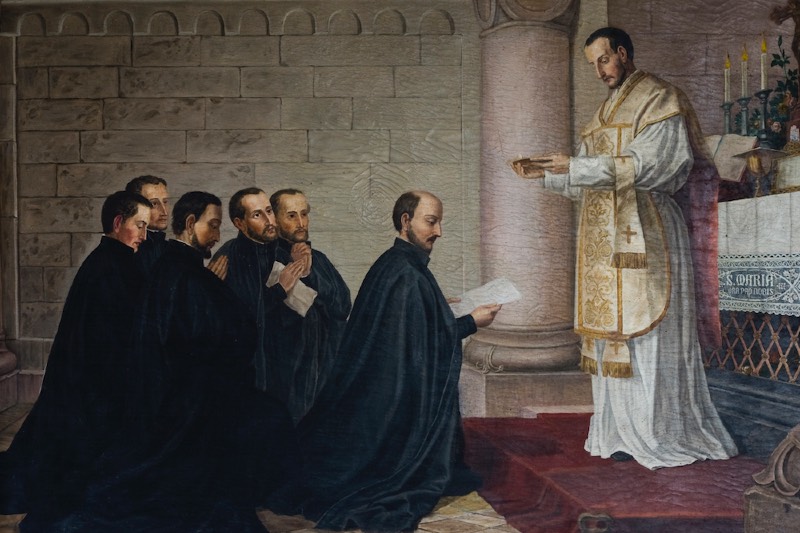
RELIGION
- Andrew Hamilton
- 20 May 2021
29 Comments
20 May marks the five hundredth anniversary of a chance event with large consequences. In 1521 a stray cannonball ricocheting off a castle wall in a minor skirmish broke the leg of a knight defending the castle. It had large consequences for him and for the world. The long convalescence of Ignatius Loyola after the siege of Pamplona changed the direction of his life and shaped the church and world that we inherited.
READ MORE 
-
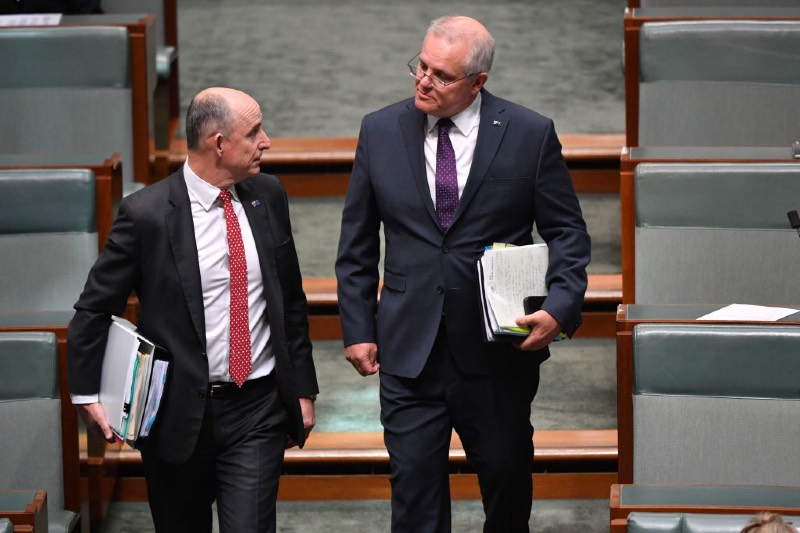
MEDIA
- Anthony N Castle
- 13 May 2021
6 Comments
At this point, the media cycle is mostly internal, and while the media is talking to itself, Scott Morrison is talking to a rapidly growing base with significant resources. The devil isn’t in the headline here, the devil is in the detail, in the appeal itself.
READ MORE 